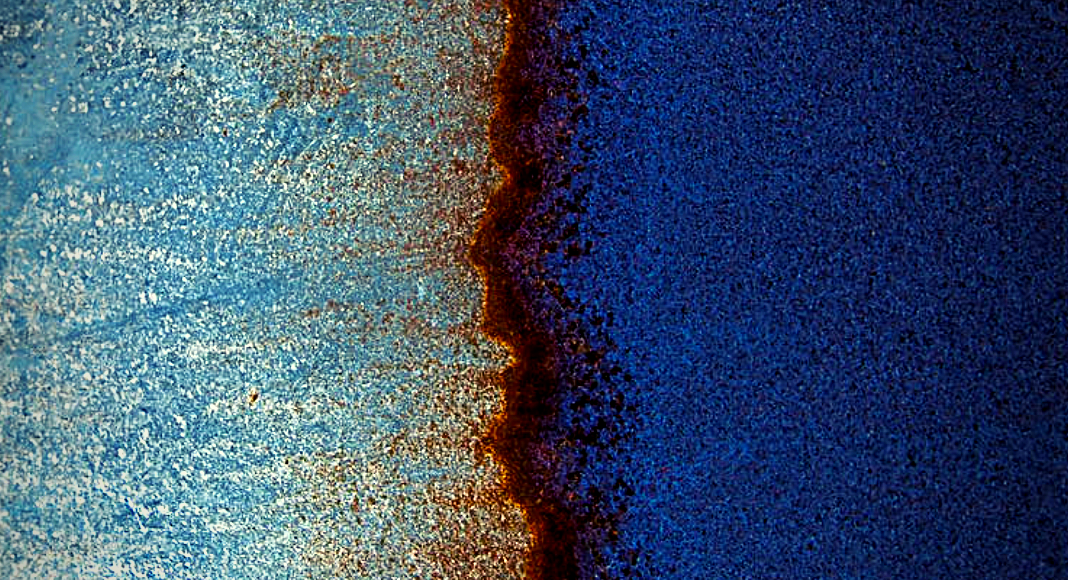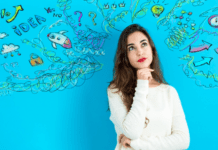 Earlier this week, I deleted Twitter from my phone. It’s not like I’ve been a big Twitter-er in the 11 years since I first signed up. I amassed a grand total of 15 followers and only followed 71 accounts myself. Twitter makes sense as a concept, and I like the concept.
Earlier this week, I deleted Twitter from my phone. It’s not like I’ve been a big Twitter-er in the 11 years since I first signed up. I amassed a grand total of 15 followers and only followed 71 accounts myself. Twitter makes sense as a concept, and I like the concept.
But a few months ago, when I decided to try using Twitter more regularly, I noticed something. Social media — and the internet in general — has always been an open forum, of sorts. But Twitter feels like a concentrated version of internet commenting: all the worst and sometimes the best of human thought, boiled into little snippets of snark. In 280 characters or less, people can vent their spleens about everything under the sun.
Boy oh boy, do people want to vent their spleens.
I’m okay with differences of opinion. If I unfriended every person in my social media accounts with whom I disagreed, I’d be practically friendless.
For a few weeks, I tried to just scroll past bad takes on current events, whining nonsense, and truly disconcerting tweets that made me almost viscerally sick to my stomach. Because Twitter filled my feed with tweets from acquaintances-of-acquaintances-of-friends, I found myself in the middle of a mess of stress and anxiety.
And I was addicted to it.
Even though I hated a lot of what I was seeing, I couldn’t stop opening the app and scrolling through, just to find the one tweet amid a sea of bad takes that made me laugh. Because the real trick of social media is that you find glimpses of yourself in all of these internet strangers. I’ve laughed out loud at some posts. I’ve saved and shared dozens.
And when you’re stuck at home during a pandemic with no end in sight, you grasp at things to make life seem more normal. For all its negativity, Twitter offers a window into the world at large. Even if that world is sad and miserable and anxious, it’s a world you can relate to on some level.
So when, for instance, one account asks its followers to post their favorite movie food scenes, you can scroll through and think, “Oh! Me too!” It’s a brief flash of connection that makes you feel, if just for a second, that you’re not the only one. Somewhere out there, someone thinks like you and shares your weird sense of humor and thinks that the scene in Matilda when Bruce Bogtrotter eats the chocolate cake is both gross and tantalizing in equal measure.
But that feeling fades fast. At least, it did for me.
As much as I love the idea of connecting with people all over the world through a free platform, the truth is that nothing is really free. Twitter might not charge dollars for the privilege of expressing yourself, but it recoups its costs in other ways.
The more time I spent on Twitter, the less hopeful I felt. I know that there are bad things happening in the world right now as I type this. We started the year with wildfires and a pandemic. If those problems weren’t enough, we now have race-related riots and protesting because of ongoing injustice.
Even as the world battles a virus, a fight we should all be in together, we’re forced to come to terms with everything else that’s boiling under the surface. And it’s not pretty. And it’s not being handled well.
I understand that we can’t all “just get along.”
But I think what wore me down on Twitter specifically is the lack of empathy and the inability of many people to even consider someone else’s point of view. This isn’t unique to Twitter, of course. I see it everywhere, in real life and in the virtual world. But in a space where people’s opinions are concentrated into brief blurbs that pack a punch, that punch can really hurt.
I’ve heaped a lot of blame on Twitter’s shoulders here when, in reality, it’s the people using Twitter that make it a soul-sucking blackhole of negativity — to put it mildly. And I’m one of those people. I may not have posted awful things or called people names, but I’ve contributed to the collective dark cloud that hangs over public discourse at the moment.
Lately, it feels more and more like there’s no middle ground.
To be clear, there should be no middle ground on things like racism. Humans have intrinsic value just by existing. We can’t compromise on some issues because, to paraphrase our founders, all people are created equal.
But for many things, there can be compromise. There has to be. That’s where healthy debate should take us, to a land where people can discuss the finer points of, say, environmental impact without being bludgeoned by both ends of the political spectrum. It’s not “all or nothing.” If we only think in extremes, we’re going to run ourselves into the ground. Quickly.
I’m tired of extremes.
So I deleted Twitter from my phone. Maybe it’s because fewer of my friends are on Twitter, so my feed is less family photos and occasional political rants (like on Facebook) and more political rants from extremists. But I needed a break. And if you’re stressed and discouraged and need a break, too, then I recommend disconnecting from at least one source of your stress. For me, that was Twitter.
I’m not advocating for signing off social media entirely. These platforms give us a chance to do good in the world, to connect, to make and keep friends, to use our voices and our minds to change the trajectory of the world. Twitter is a platform. It’s as good or as bad as we make it.





















